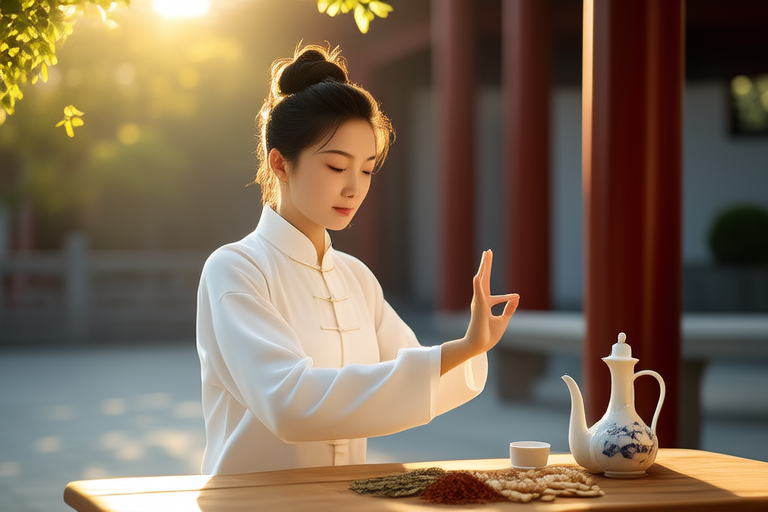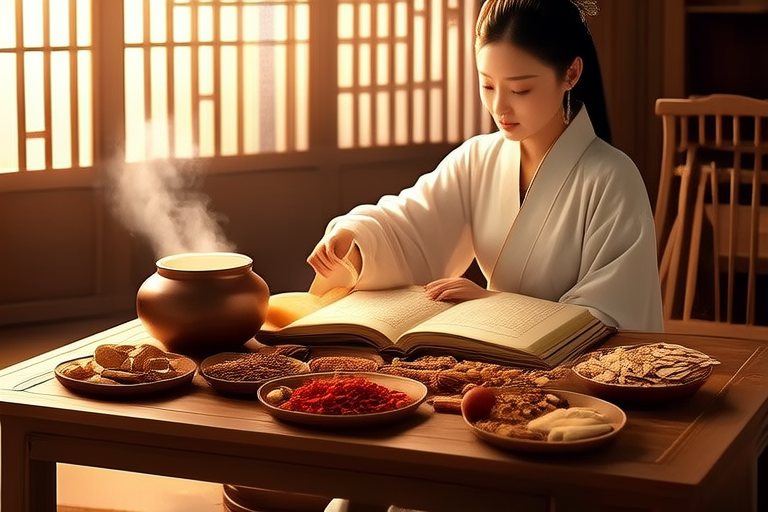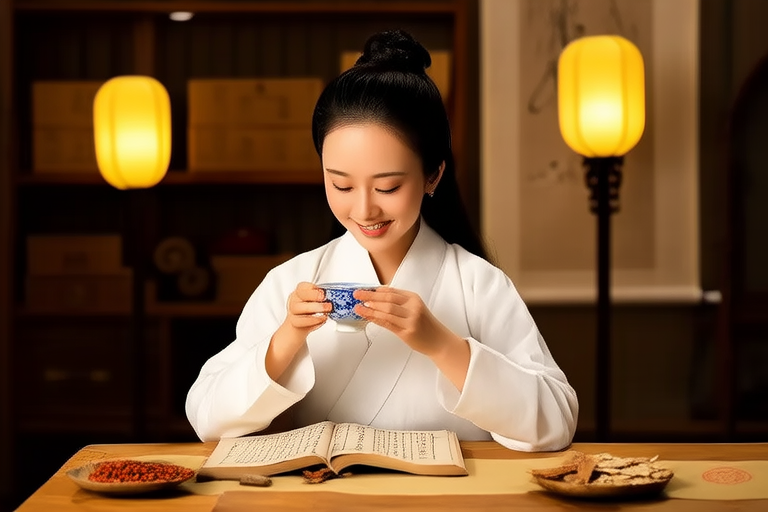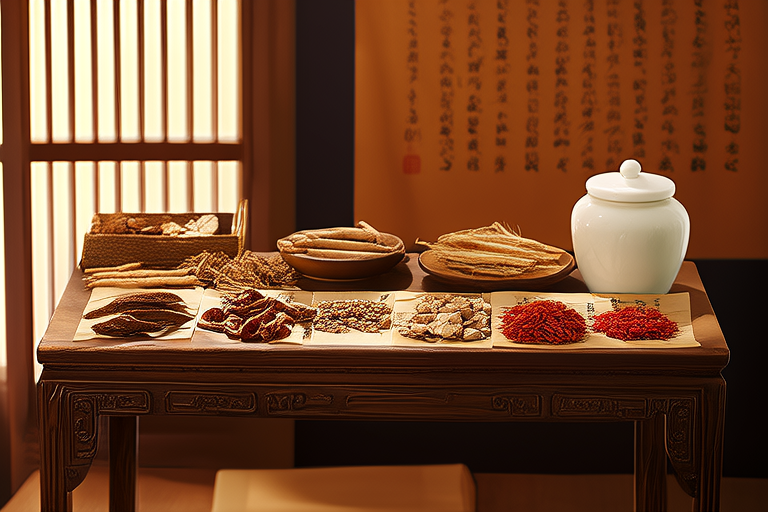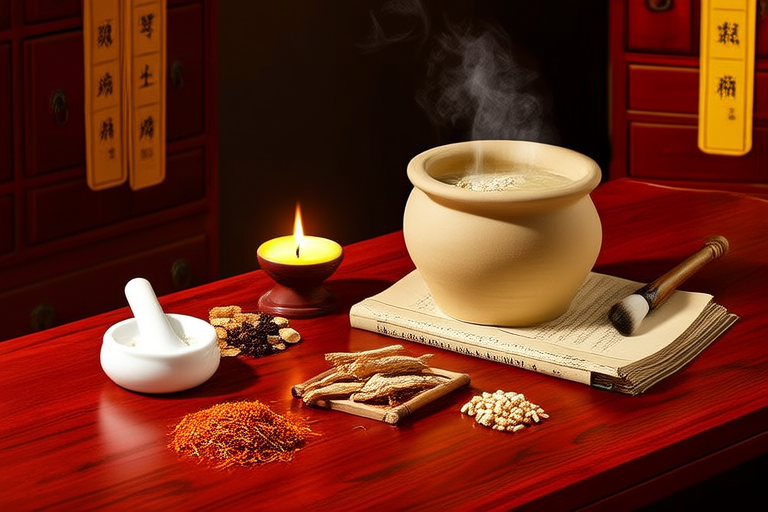Harmonizing Body and Mind: The Art of Health Preservation in Traditional Chinese Medicine
Traditional Chinese Medicine (TCM) is an ancient system of health preservation that has been practiced for thousands of years. Rooted in the philosophy of harmony between humans and nature, TCM emphasizes a holistic approach to maintaining physical and mental well-being. Central to this practice are key concepts such as Qi (vital energy), Yin-Yang balance, and the Five Elements, which guide individuals toward achieving vitality and longevity.
The Core Principles of TCM
Qi: The Essence of Life
At the heart of TCM lies the concept of Qi, often translated as “vital energy” or “life force.” Qi flows through the body along pathways called meridians, nourishing organs, tissues, and systems. When Qi is abundant and flowing smoothly, the body functions optimally. However, blockages or deficiencies in Qi can lead to illness and imbalance. TCM practices aim to cultivate, regulate, and restore Qi to promote health and prevent disease.
Yin-Yang Balance: The Dynamic Equilibrium
Another foundational principle of TCM is the concept of Yin and Yang, representing complementary forces in the universe. Yin embodies qualities such as calmness, coolness, and receptivity, while Yang symbolizes activity, warmth, and assertiveness. Health is achieved when Yin and Yang are in balance. Imbalances—such as excess Yang leading to inflammation or deficient Yin causing fatigue—are addressed through various TCM modalities to restore equilibrium.
The Five Elements: A Framework for Understanding
The Five Elements theory—Wood, Fire, Earth, Metal, and Water—provides a framework for understanding the relationships between different aspects of the body and the external environment. Each element corresponds to specific organs, emotions, seasons, and functions. For example, Wood relates to the liver and anger, while Water connects to the kidneys and fear. By analyzing these correspondences, practitioners can identify imbalances and tailor treatments accordingly.
Practices for Holistic Health in TCM
Acupuncture: Stimulating the Flow of Qi
Acupuncture is one of the most well-known TCM practices. It involves inserting fine needles into specific points along the meridians to stimulate the flow of Qi and restore balance. This technique is used to address a wide range of conditions, from chronic pain and digestive issues to stress and insomnia. By targeting the root cause of symptoms rather than just alleviating them, acupuncture supports long-term health and vitality.
Herbal Medicine: Nature’s Pharmacy
Herbal medicine is another cornerstone of TCM. Practitioners prescribe combinations of herbs tailored to an individual’s unique constitution and condition. These formulas are designed to strengthen the body, expel pathogens, and harmonize internal processes. Common herbs include ginseng for boosting energy, astragalus for immune support, and licorice root for soothing digestion. Herbal remedies work synergistically with other TCM practices to enhance overall well-being.
Dietary Therapy: Nourishing the Body
In TCM, food is considered medicine. Dietary therapy emphasizes eating according to one’s constitution, seasonal changes, and the energetic properties of foods. For instance, warming foods like ginger and cinnamon may be recommended during cold weather to boost Yang energy, while cooling foods like cucumber and mint can help reduce heat-related symptoms. By aligning diet with TCM principles, individuals can maintain balance and prevent illness.
Tai Chi and Qigong: Movement for Mind-Body Harmony
Tai Chi and Qigong are gentle, meditative movement practices that combine slow, deliberate motions with deep breathing and mental focus. These exercises help cultivate and circulate Qi, improve flexibility, and reduce stress. Regular practice enhances physical strength, emotional resilience, and mental clarity. Both Tai Chi and Qigong are accessible to people of all ages and fitness levels, making them ideal tools for lifelong health preservation.
The Importance of Prevention and Lifestyle Harmony
Prevention Over Cure
One of the distinguishing features of TCM is its emphasis on prevention. Rather than waiting for symptoms to arise, TCM encourages proactive measures to maintain health and prevent disease. This includes adopting healthy lifestyle habits, managing stress, and addressing minor imbalances before they escalate into serious conditions. By prioritizing prevention, TCM promotes longevity and vitality.
Lifestyle Harmony: Aligning with Nature
TCM teaches that living in harmony with nature is essential for well-being. This involves following natural rhythms, such as rising with the sun and resting after sunset, as well as adapting to seasonal changes. For example, winter is a time for introspection and conserving energy, while spring encourages growth and renewal. By aligning daily routines with these cycles, individuals can optimize their health and connect more deeply with the world around them.
Emotional Balance: The Mind-Body Connection
Emotions play a crucial role in TCM’s view of health. Each organ is associated with a specific emotion—for example, the liver with anger and the heart with joy. Excessive or suppressed emotions can disrupt the flow of Qi and contribute to illness. Practices such as meditation, mindfulness, and self-reflection help cultivate emotional balance, fostering a harmonious relationship between mind and body.
Achieving Longevity and Vitality Through TCM
TCM offers a comprehensive approach to health preservation that goes beyond treating symptoms. By addressing the root causes of imbalance and promoting harmony within the body and mind, TCM empowers individuals to take charge of their well-being. Its timeless wisdom provides practical tools for navigating modern challenges, from chronic stress and environmental toxins to sedentary lifestyles and poor dietary choices.
Through practices like acupuncture, herbal medicine, dietary therapy, Tai Chi, and Qigong, TCM fosters resilience and adaptability. By embracing prevention, lifestyle harmony, and emotional balance, individuals can unlock their full potential for vitality and longevity. In a world increasingly focused on quick fixes and fragmented care, the art of health preservation in TCM serves as a powerful reminder of the interconnectedness of all aspects of life—and the profound impact of nurturing this connection.






